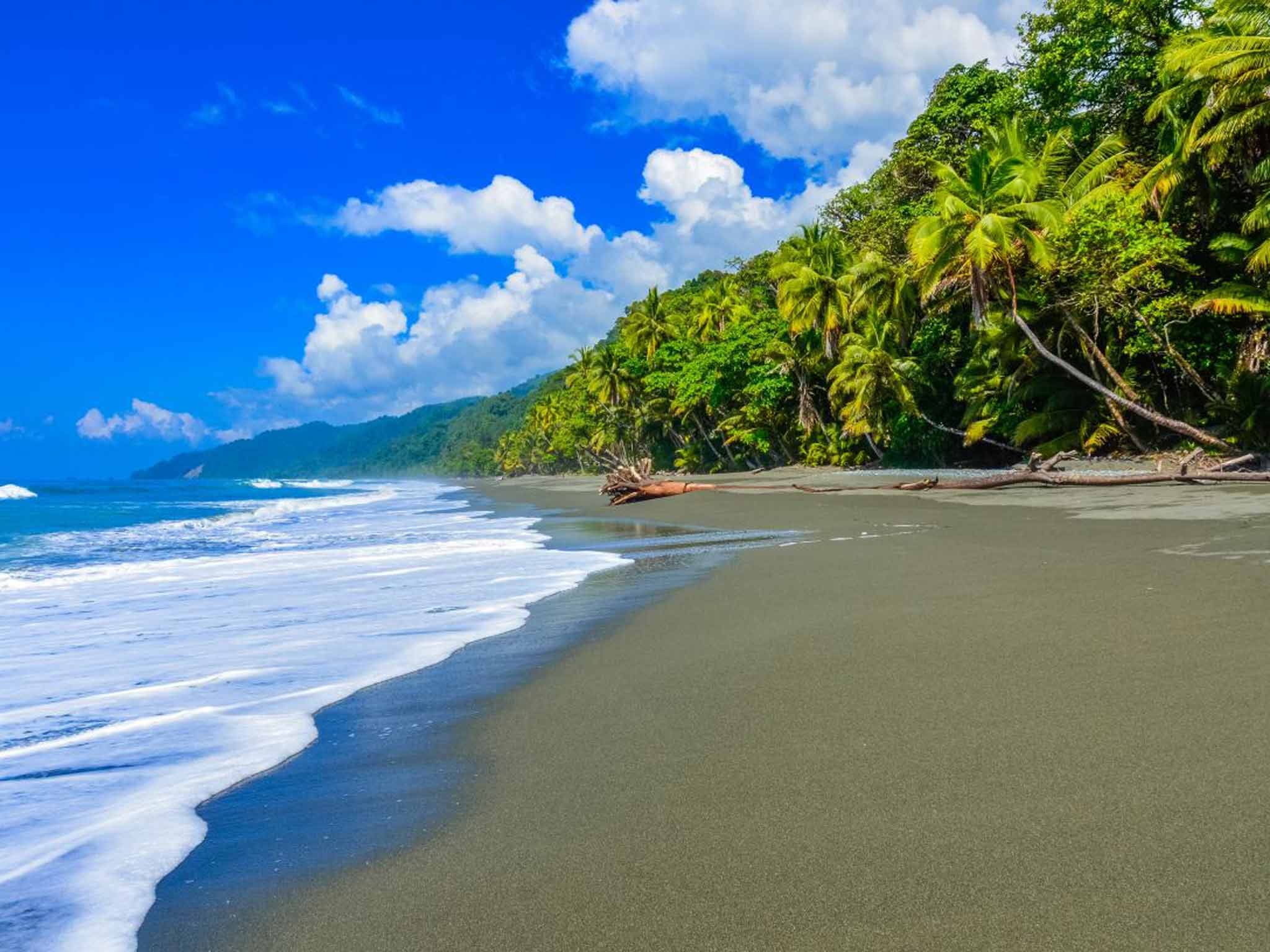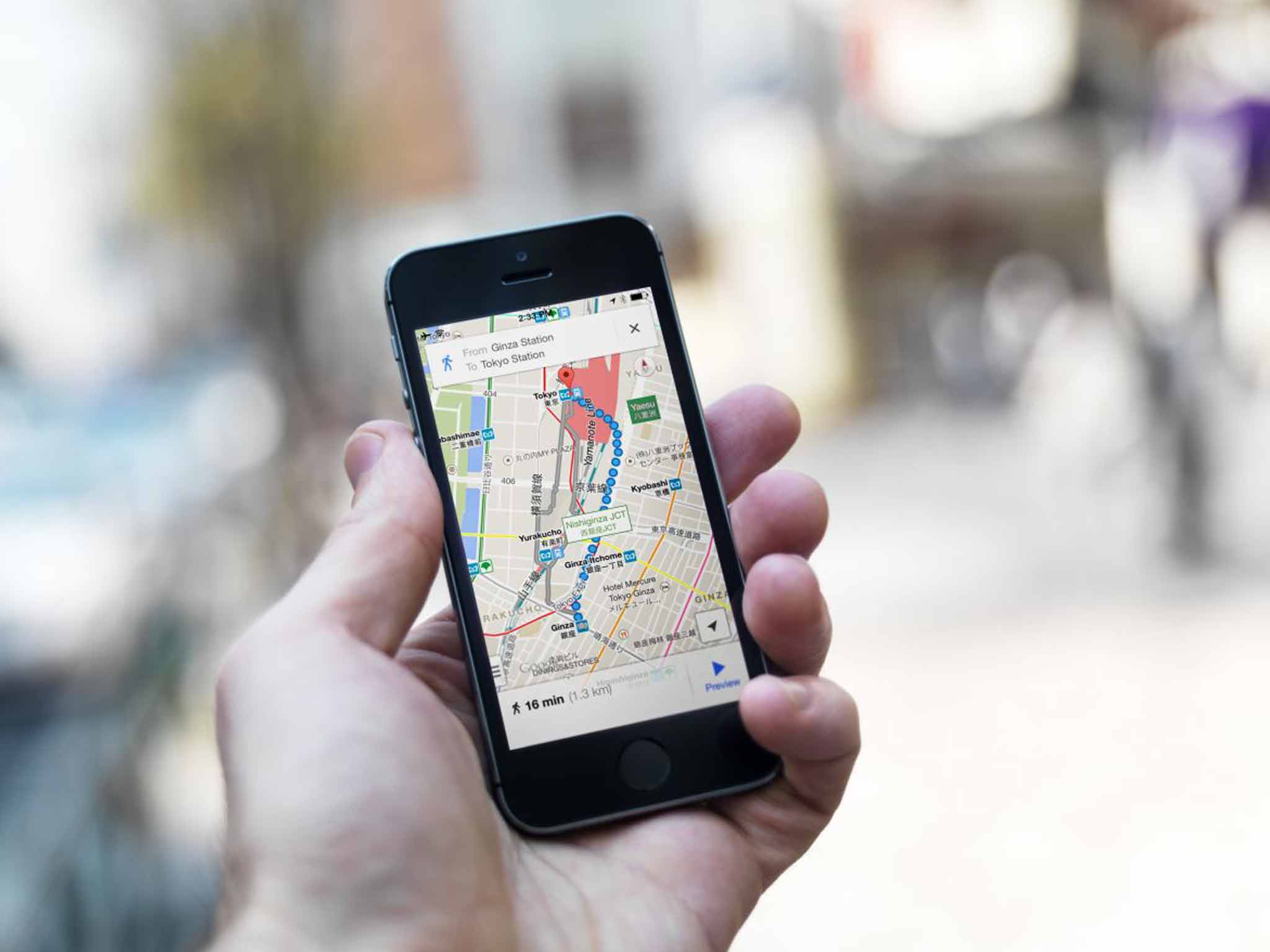How travel has changed: A smartphone is now almost as essential as a passport
One of the most significant developments has been the democratisation of travel

It was a farewell that did it. Turning in the wrong direction from the check-in desk at Heathrow, I swallowed hard as my sister drifted optimistically through security and onwards to an extended trip around the US and Australia. My most exotic escape? A two-week package holiday in Mexico. That would soon change.
Several months later, I found myself in Central America, on an indulgently drawn-out trip (more than a little conceitedly referred to as "travelling"; flitting between Caribbean and Pacific beaches for three months while staying in fetid guesthouses, subsisting on one meal a day, and covering long distances on retired North American school buses was resolutely not "a holiday") that would conclude at The Independent. Resolving to transform my new-found wanderlust into a career, I secured a fortnight's work experience on the travel desk on my return.
Fortuitously, it was January 2004 and the paper's then-editor, Simon Kelner, had taken the brave decision to abandon broadsheet and publish The Independent exclusively in tabloid format. Paradoxically, there was now more space for travel – thus, Traveller, Britain's only weekly travel magazine, was born. And so began a career with one of the most respected (and modest) travel publishing teams in the industry.
Twelve years later, I find myself as travel editor, part of a lean-but-mean trio completed by our Man Who Pays His Way, Simon Calder (known here as That Chap Who Sometimes Shows Up), and deputy, Nicola Trup. As Simon's comprehensive anthology of the past three decades of travel attests, much has changed in and around the travel industry, for better and for worse. Headlines gravitate to disaster, as the atrocities in Brussels have proved, but there's much to celebrate, too.

Perhaps one of the most significant changes has been the democratisation of travel. The flights for that Central American trip cost me £600, on a route that could be roughly aligned with the constellation of Scorpius – from London City to Amsterdam and on, via charter plane to Cancún, returning from San José to Miami, then Amsterdam and, finally, Heathrow. Today I would have the straightforward option to fly direct with British Airways from London to Cancún and back from San José for more or less the same cost.
My itinerary should have concluded not in Costa Rica (where, incidentally, my first generation iPod – with its library of Britpop classics – was stolen) but Colombia, an intriguing destination that was hastily erased from my plans when an acquaintance was kidnapped by Farc guerrillas at the Lost City.
After years of unrest and uncertainty, the Foreign Office deems that entire stretch of the country's Caribbean coastline, and much more, safe to visit. I didn't take a mobile on that trip – roaming wasn't an option – but now, a smartphone is almost as essential as a passport; maps, guidebooks, camera, boarding pass, not in a bag but in the palm of our hands.
Travel is transient, and as the printed pages of Traveller stack up at the departure gate – next stop digital – it isn't farewell. The next stage of our journey in pursuit of exploring the world independently, and inquisitively, simply travels by new means.
Join our commenting forum
Join thought-provoking conversations, follow other Independent readers and see their replies
Comments
Bookmark popover
Removed from bookmarks